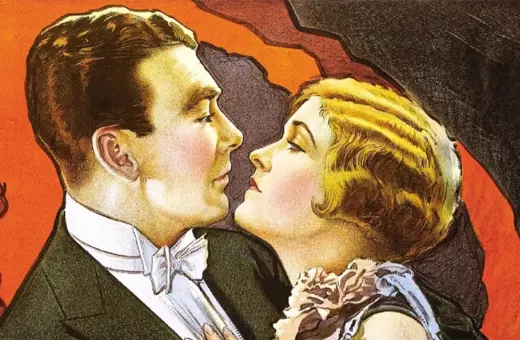Pleasures delivered by reason – from the frissons provoked by a beautiful mathematical equation to the joys inspired by paintings or poetry – are not the majority. It is chiefly for this reason that the media in modernity have proliferated to such a degree as to occupy more time than any activity other than work and sleep. The bulk of popular culture inserts disposable pleasures throughout everyday life. For the most part, the pleasures of our emotions and sensations are momentary respites from the life of calculation that capitalism renders indispensable throughout daily life. (Inspired by Georg Simmel’s Philosophy of Money, I elaborated this argument in my Media Unlimited.) The sheer immensity of media experience is the product of an endless search for the next sensation or feeling. Contra Max Weber, modernity does not drive away enchantment, but pulverises it and sprinkles it around. Thanks to a culture industry that is never more than a click away, the longing for transcendent experience is distributed into a myriad nooks and crannies. Some of these are connected to religious faith, but many are attached to secular occasions that anchor what Emile Durkheim called collective effervescence. The majority of these rest on suspensions of disbelief. We know that the onscreen action isn’t exactly real, but we enter a sensory and emotional domain that takes it seriously. The world of screens is a world in which we register whether a swath of images is funny, or clever, or surprising—not logical or true. The test of “what works” has nothing to do with rationality.
___
'The bulk of popular culture inserts disposable pleasures throughout everyday life. For the most part, the pleasures of our emotions and sensations are momentary respites from the life of calculation that capitalism renders indispensable throughout daily life.'
___
Political science has produced scant evidence that people deduce their way to political preferences. Mostly, we feel our way through impression and identification. Our recent history—a nightmare from which we have not yet begun to awaken—is replete with moments when pleasure derives from symbolic combat, the surest source of political identity. The pleasure we take from a political rally, say, aligns us with a faithful populace. We fuse, at least momentarily, in our attachment to the hero, who honours the return of our own repressed. Collectively we celebrate this triumph and make it our own. Our pleasure derives from the sense that the hero has lifted himself (and therefore ourselves) out of the sludge of everyday opinion by 'sticking it to the enemy.' Exuberant crowds of Trump supporters regularly cheer at statements of his that they may well doubt are, strictly speaking, true. Their approval is performative. They relish moments when he outrages 'enemies of the people,' whether or not they think he speaks truth or discern a propositional logic linking his phrases. At such moments, his statements are simultaneously affirmations of righteousness and the power to impose it. Look how they upset the opposition! Provoking that outrage is so common a move on the right-wing internet as to have brought forth a special phrase: 'owning the libs.' This is a symbolic conquest, and a rewarding one. Trump supporters, in the words of the journalist Ed Kilgore, see him as “a scourge for lashing their hated enemies. Every time he says or does something outrageous, he’s ‘owning the libs,’ not breaking time-honored norms.”



















Join the conversation